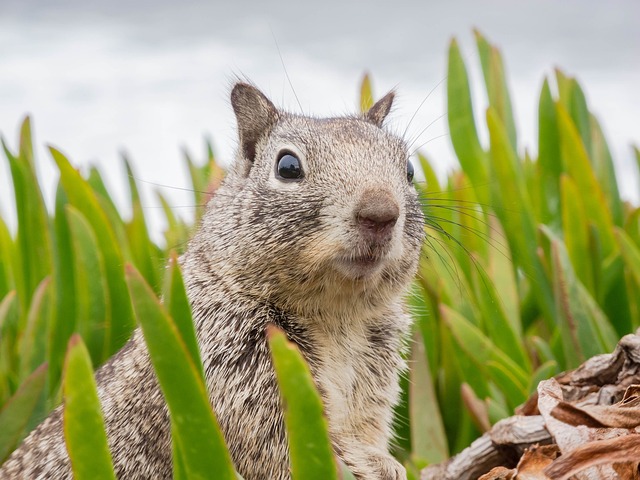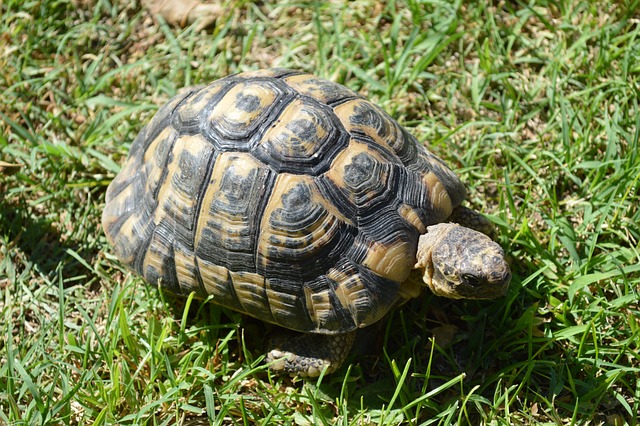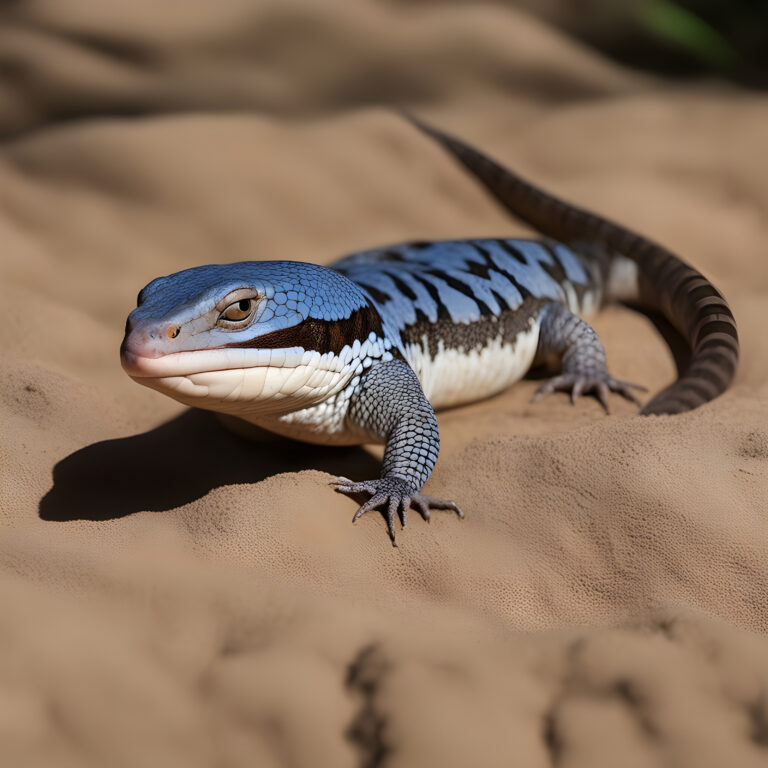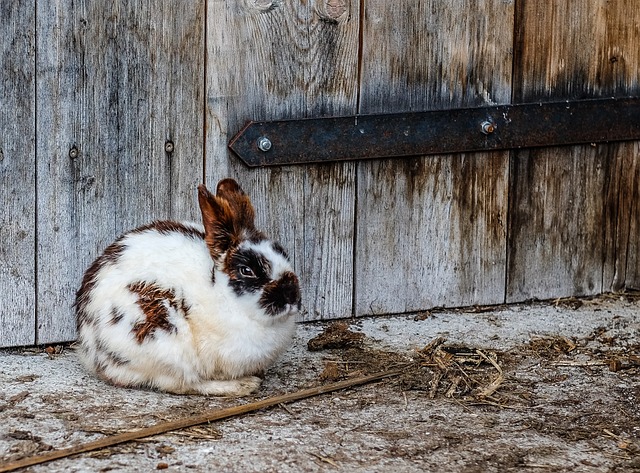Do Squirrels Get Rabies? Exploring the Truth About Squirrels and Rabies
In the realm of urban legends and misconceptions, one prevalent question that often arises is, “Do squirrels get rabies?” This query stems from a combination of genuine concern for wildlife and a lack of clarity regarding the transmission of this deadly virus. Let’s unravel the mystery surrounding squirrels and rabies to gain a deeper understanding of the risks associated with these furry creatures.
Understanding Rabies: A Lethal Virus
Rabies is a viral disease that affects the central nervous system of mammals, including humans and animals like squirrels. It is typically transmitted through the saliva of an infected animal, commonly via a bite. Once symptoms manifest, rabies is almost always fatal if left untreated. Due to the severity of this disease, it is crucial to address any potential risks associated with rabies transmission from squirrels.

Squirrels and Rabies: Separating Fact from Fiction
Contrary to popular belief, squirrels can contract rabies. However, the likelihood of a squirrel carrying the rabies virus is relatively low compared to other animals like bats, raccoons, or foxes. Squirrels are not known to be primary carriers of rabies, and cases of rabid squirrels are rare. While it is essential to exercise caution around wildlife to minimize potential risks, it is equally important to dispel unfounded fears regarding squirrels and rabies.
Mitigating Risks: Responsible Wildlife Interaction
To mitigate the risks of rabies transmission from squirrels or other wildlife, it is advisable to avoid direct contact with unknown animals and refrain from feeding or approaching them. In the event of a squirrel bite or scratch, seeking prompt medical attention is paramount to assess the risk of rabies exposure and initiate appropriate treatment if necessary. By practicing responsible wildlife interaction and staying informed about rabies prevention strategies, we can coexist safely with wildlife while minimizing potential health hazards.
Conclusion: Navigating the Realities of Squirrels and Rabies
In conclusion, while squirrels can technically contract rabies, the risks associated with rabies transmission from squirrels are relatively low. By understanding the facts surrounding rabies and practicing responsible wildlife interaction, we can appreciate the presence of squirrels in our environment without succumbing to unwarranted fears. Remember, knowledge is our most potent tool in dispelling myths and fostering harmonious relationships with the wildlife that shares our world.
Must Read : Can Raccoons Get Rabies? Exploring the Dangers and Risks






